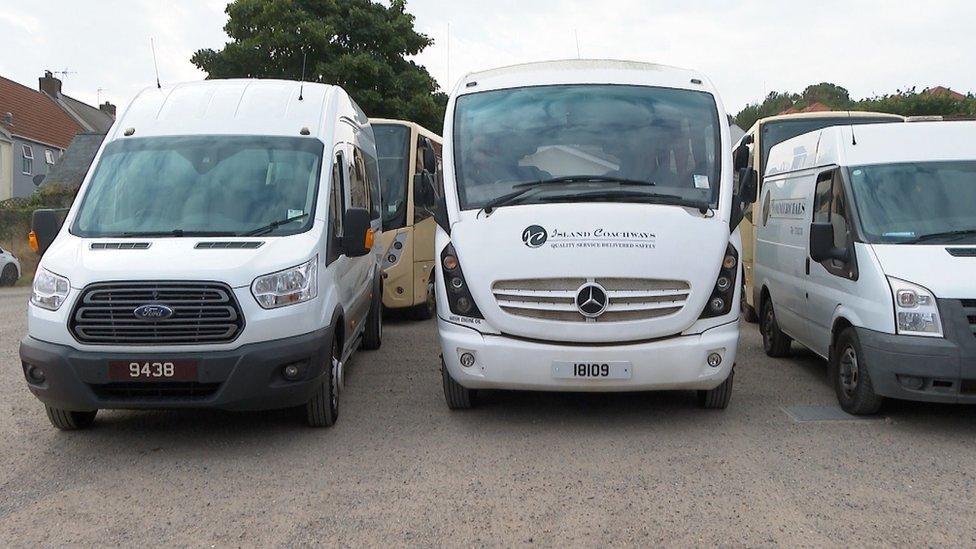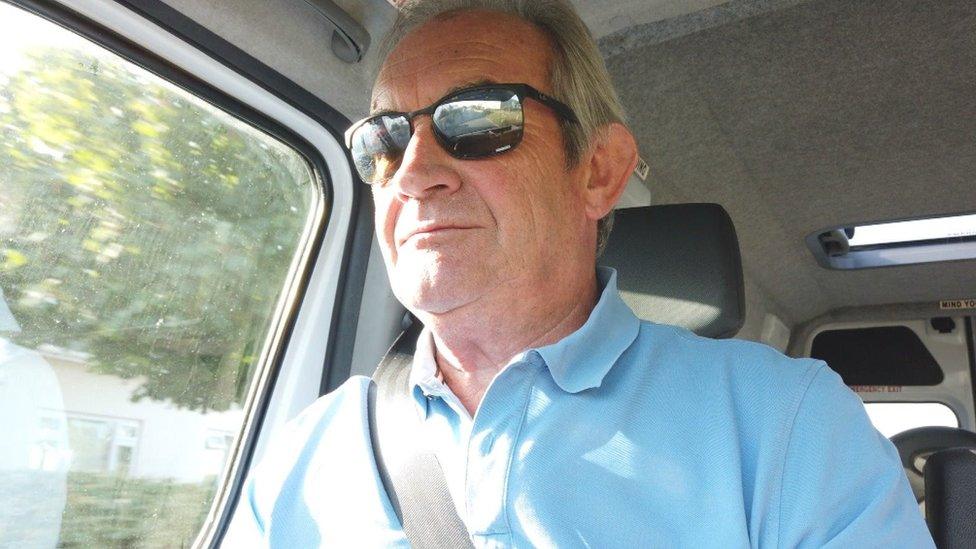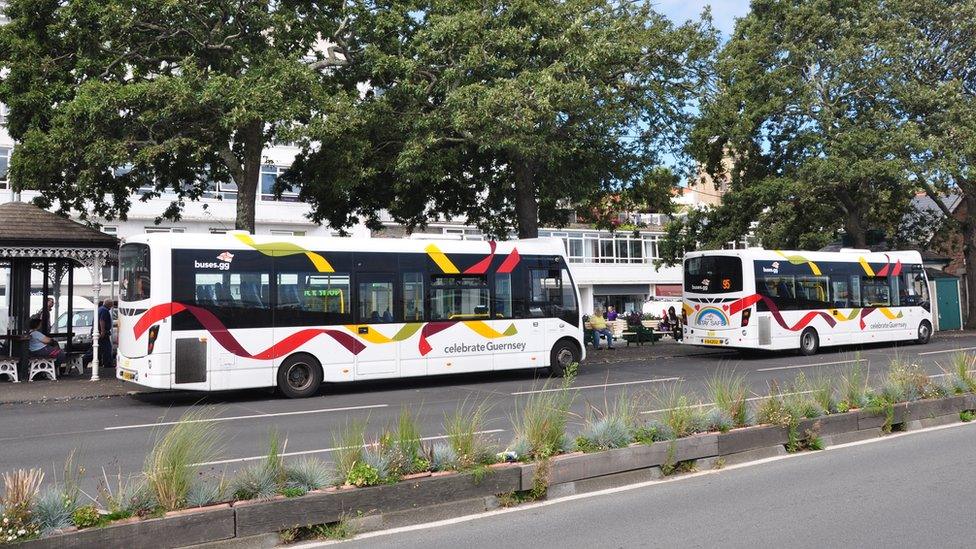Guernsey minibus driver shortage blamed on licensing system
- Published

Guernsey's laws are aligned with the UK's but the wording on the government websites is different
A business and charity blames a shortage of minibus drivers in Guernsey on the island's licensing laws.
A licence for driving such a vehicle in the Bailiwick is based on the number of seats in the vehicle, unlike in the UK.
Guernsey's laws are aligned with the UK's but the wording on the government websites is different.
The States said "we will look to discuss with our UK counterparts to ensure we have full clarity".
Hannah Beacom, from Island Coachways, said it was "unfair" the system was impacting her drivers and the business.
She said that "because of the structure of the Guernsey legislation I've got drivers that can drive our coaches, but can't drive a minibus, and anybody can drive a van".
In the UK, anyone who passed their Category B test before 1 January 1997 is allowed to drive a minibus with a trailer over 750kg., external
After 1997, drivers need a Category D licence.

Guernsey Voluntary Service member Keith Birch said licences should be based on the weight of vehicles
In Guernsey, those with a standard car licence can drive a vehicle with a maximum of nine seats.
To drive a minibus that seats more passengers, an islander must hold a minibus licence, which means taking another theory and driving test, undergoing a medical check and a signed declaration from their doctor, which costs up to £1,000.
Keith Birch from the Guernsey Voluntary Service (GVS) said: "The problem in Guernsey is that the licensing is based on the number of seats that the bus has and the buses that GVS has, and many other places have as well, are an identical exterior size.
"So it shouldn't be based on the number of seats, it should be based on the gross vehicle weight," he said.

Follow BBC Guernsey on Twitter, external and Facebook, external. Send your story ideas to channel.islands@bbc.co.uk, external.
- Published8 June 2022
